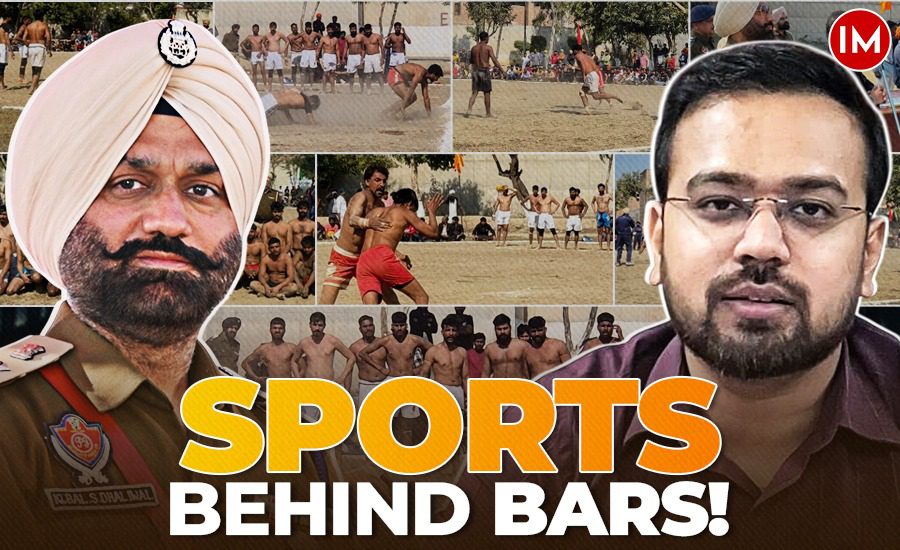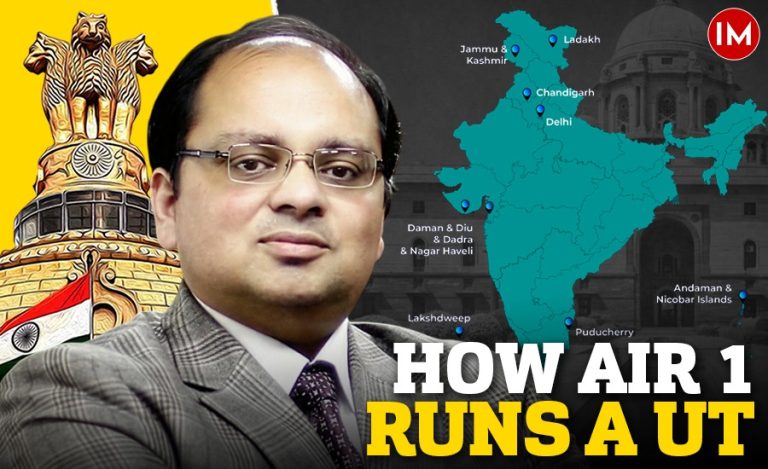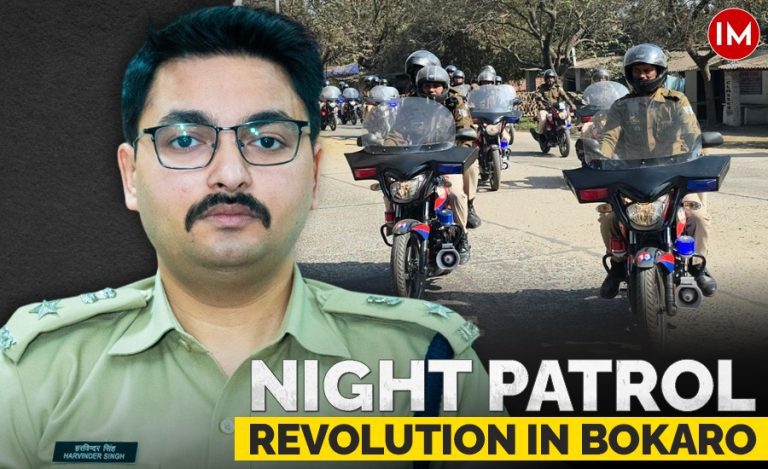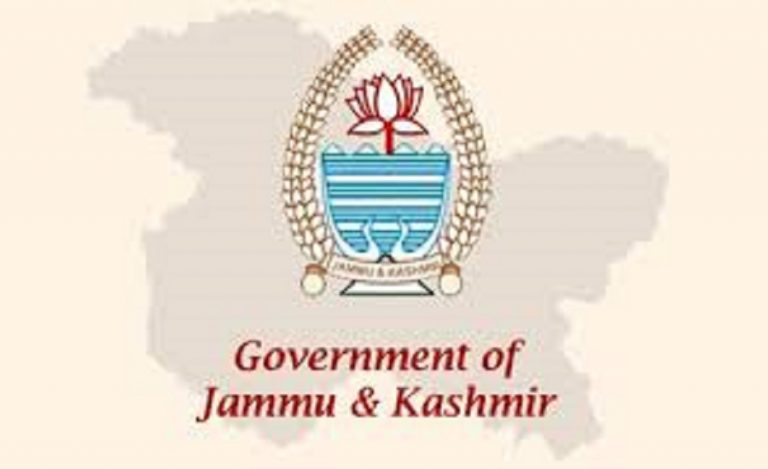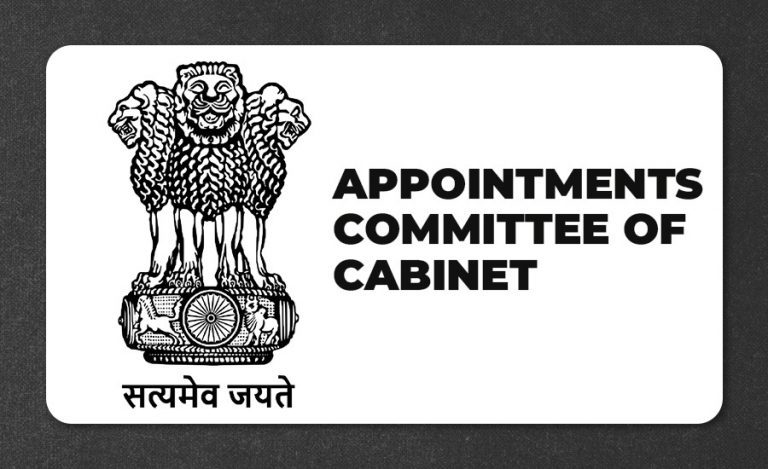Jails are often associated with crime, punishment, and confinement. Stories emerging from these institutions typically revolve around violence, escape attempts, or illegal activities. However, some officers are working to change this perception by introducing initiatives focused on discipline, reform, and constructive engagement.
One such initiative is the Prison Olympics, an event that allows inmates to channel their energy positively through sports. Now in its second edition, the state-level event has seen participation from inmates across Punjab’s central and state jails, offering them an opportunity to engage in structured competition while promoting teamwork, discipline, and sportsmanship.
ENCOURAGING REHABILITATION THROUGH SPORTS
The Prison Olympics follows a structured format, beginning at the zonal level, where different jails field their own teams. The winners from each zone then advance to the state-level championship. This approach ensures that all inmates, regardless of their background, have a chance to participate.
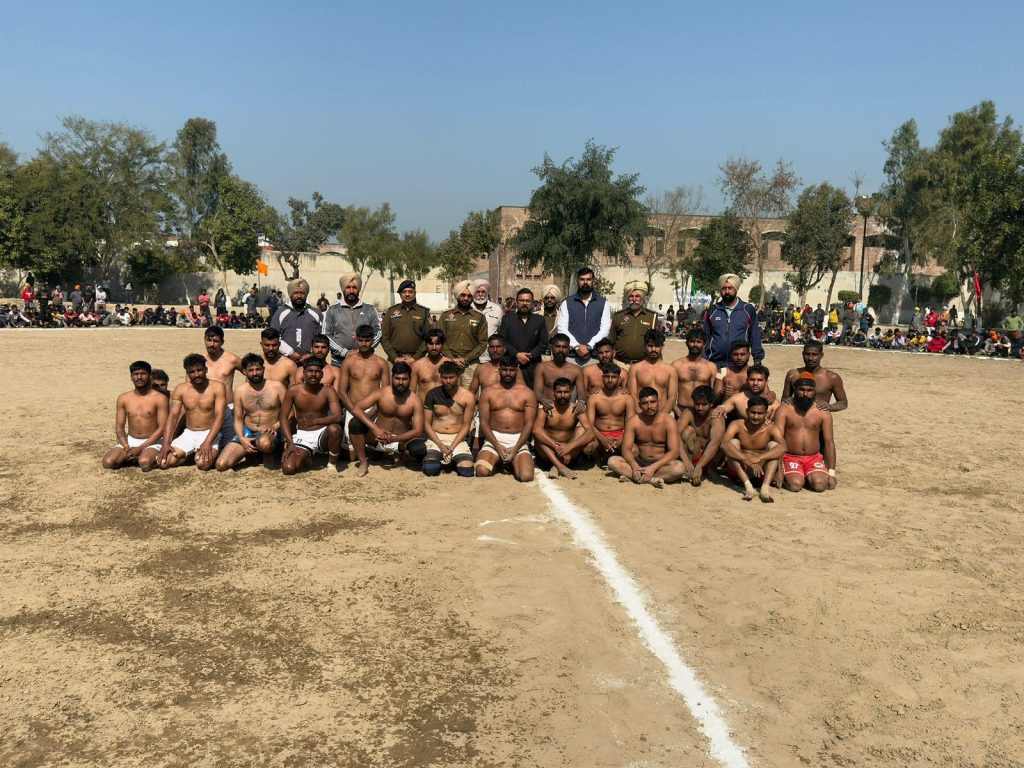
What makes this initiative unique is how it fosters a new identity among inmates. Instead of being defined by their crimes, they introduce themselves based on their team or jail affiliation. Statements like “I am from Faridkot Jail” or “I come from Bathinda Jail” replace any mention of offences or sentences. This shift in identity helps inmates move beyond their past and focus on personal growth through sports.
According to IAS Ojasvi Alankar (2020 batch, Punjab Cadre), Additional Deputy Commissioner (Gen), Faridkot, the event is designed to ensure maximum participation while maintaining discipline.
“The primary idea is to engage inmates constructively. Sports provide them with a sense of identity beyond their circumstances,” he shared with Indian Masterminds.
The zonal-level event in Faridkot saw enthusiastic participation from inmates of five to six jails, including Bathinda, Sri Muktsar Sahib, and Faridkot Central Jail. The event, which lasted about a week, featured badminton, volleyball, and kabaddi—sports that are deeply rooted in Punjab’s culture. The response from inmates was overwhelming, with high participation rates confirmed by jail authorities.
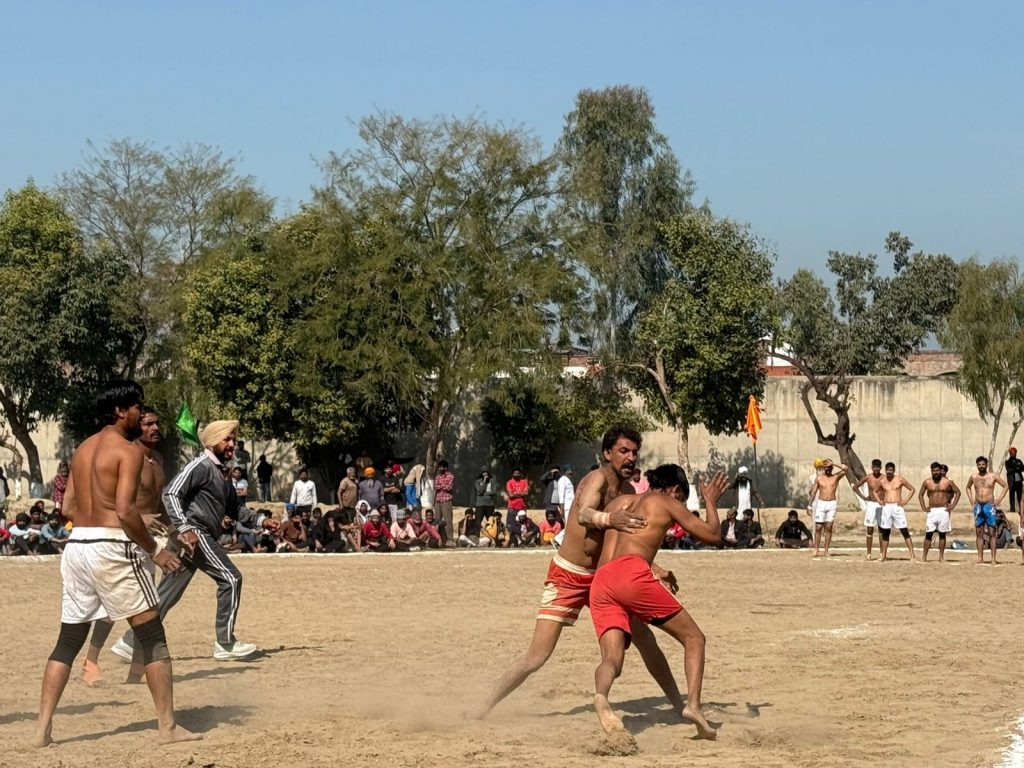
CHALLENGES AND SECURITY MEASURES
Managing sports events within a prison environment comes with significant challenges. Inmates are serving sentences for various crimes, some of which are serious offences. Their mental states vary, making continuous psychological monitoring necessary. Jail authorities maintain personal and confidential files on inmates to assess their suitability for participation.
One of the most striking aspects of the Prison Olympics is the involvement of inmates in organising the event. Instead of being passive participants, many inmates took up active roles in making the competition successful. Some served as anchors or commentators, while others assisted in crowd management and event coordination. Certain inmates were even responsible for preparing the sports grounds, such as setting up the kabaddi court.
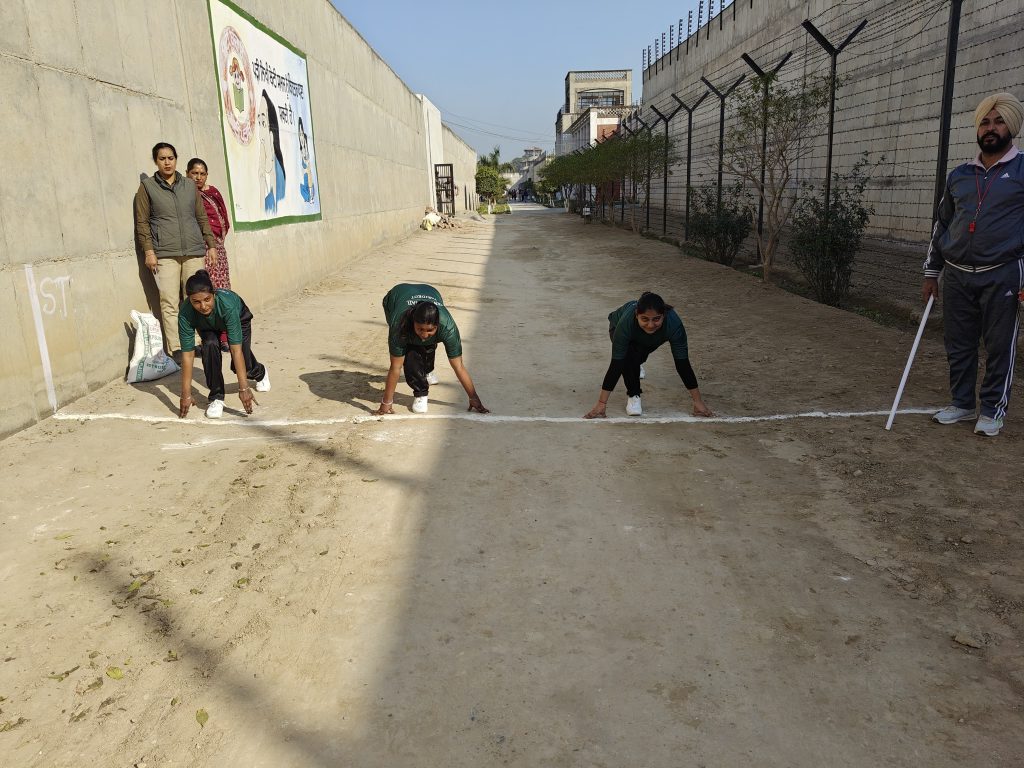
“The atmosphere was electrifying. It felt just like a village sports event, where the entire community comes together to cheer. The inmates were invested in their teams, and the energy was infectious,” recalls Mr. Alankar.
ENSURING DISCIPLINE AND SAFETY
Given the physical nature of sports like Kabaddi, which can sometimes lead to aggression, authorities took several precautions to maintain discipline. Before the event, inmates underwent counselling on sportsmanship and fair play, reinforcing the importance of discipline.
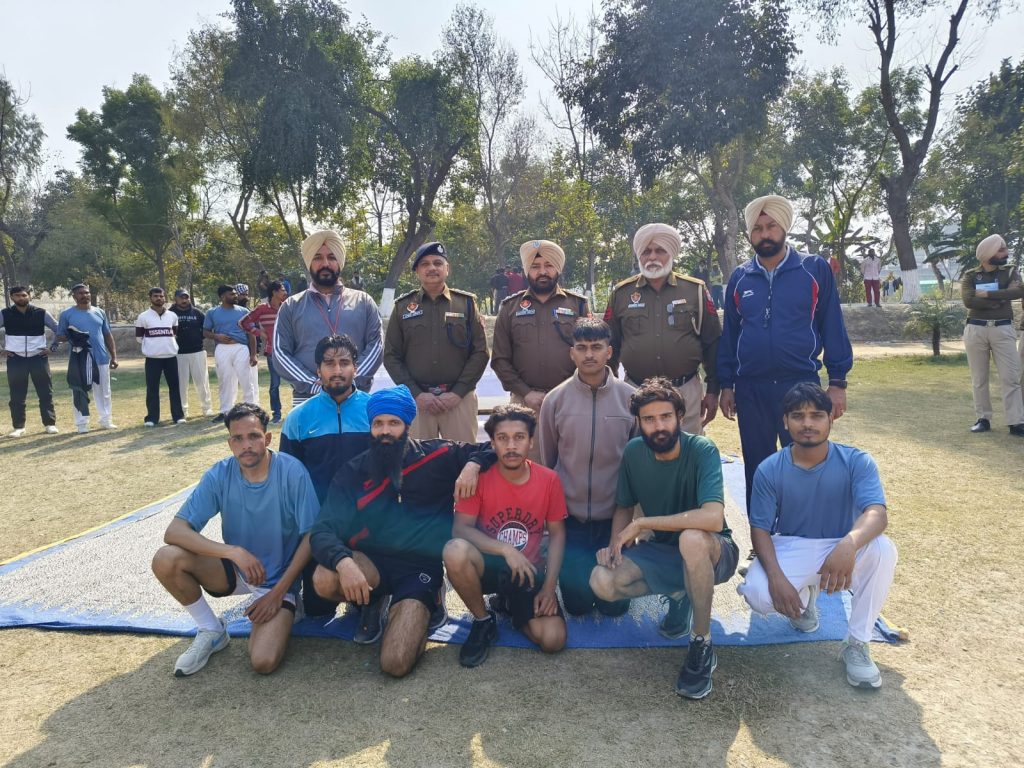
SP Jail, Faridkot, Iqbal Singh Dhaliwal emphasised the security measures taken during the event. “We motivated the inmates by explaining that the games were for their well-being, offering them an opportunity to showcase their talent, build discipline, and engage in constructive activity,” he told Indian Masterminds.
A key security measure was involving the inmates themselves in maintaining order. Well-behaved inmates were selected to form a disciplinary committee, responsible for ensuring adherence to the rules. “This approach gave them a sense of responsibility and ownership, which significantly reduced any chances of misconduct,” Mr. Dhaliwal explained.
While security personnel were deployed, the emphasis remained on self-discipline and mutual trust among inmates. This strategy proved effective, as the event proceeded without any security concerns.
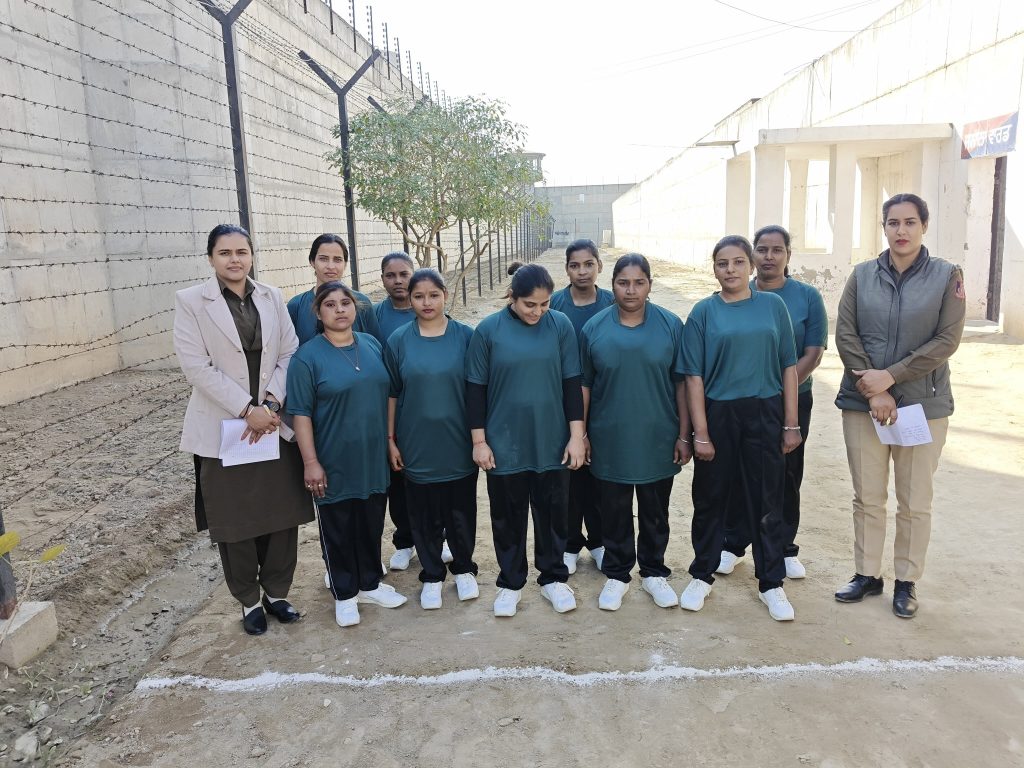
POSITIVE IMPACT ON INMATES
The impact of the Prison Olympics has been significant. The structured schedule of morning exercises, regular practice sessions, and maintaining fitness helped inmates stay engaged and develop a sense of purpose.
“The most visible change was in their daily routine. They started following a structured schedule, which helped them develop discipline,” said Mr. Dhaliwal.
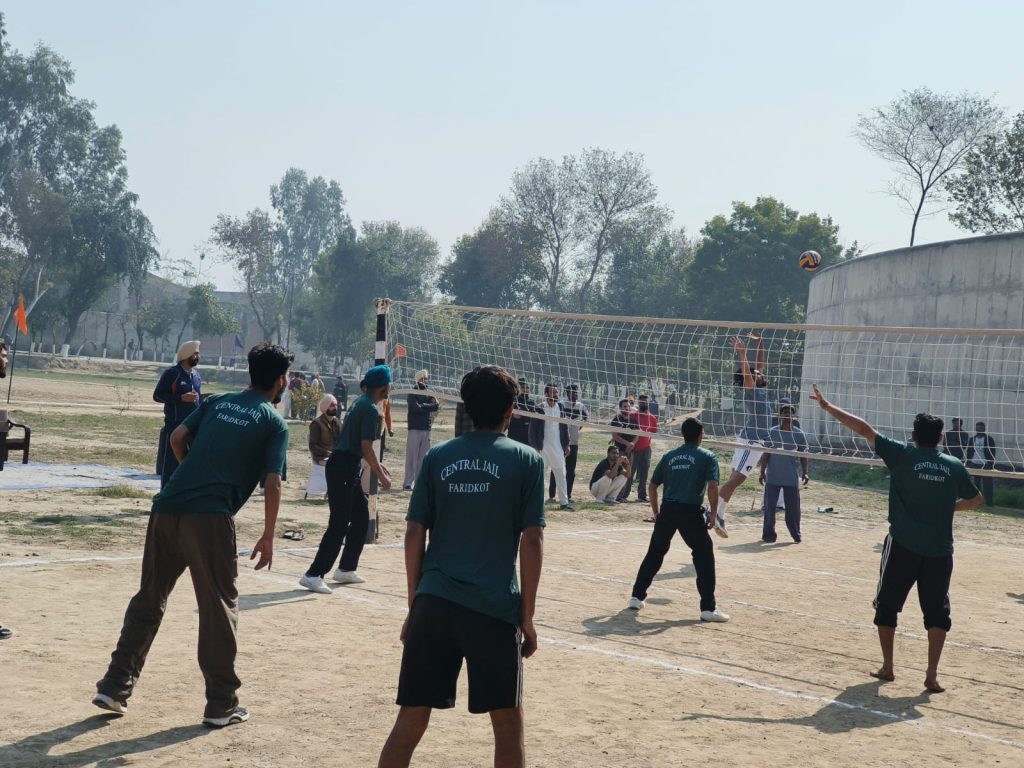
Additionally, the event instilled team spirit among inmates. Each jail had its own uniform, and participants took immense pride in representing their teams. “It was no longer about individual performance—it was about the entire team, which encouraged cooperation and discipline,” Mr. Dhaliwal emphasised.
Certain inmates also demonstrated exceptional talent, particularly in Kabaddi, a sport requiring skill, control, and teamwork. The level of competition was remarkably high, showcasing the potential of inmates in sports. Both male and female inmates participated, ensuring equal engagement across prison populations.
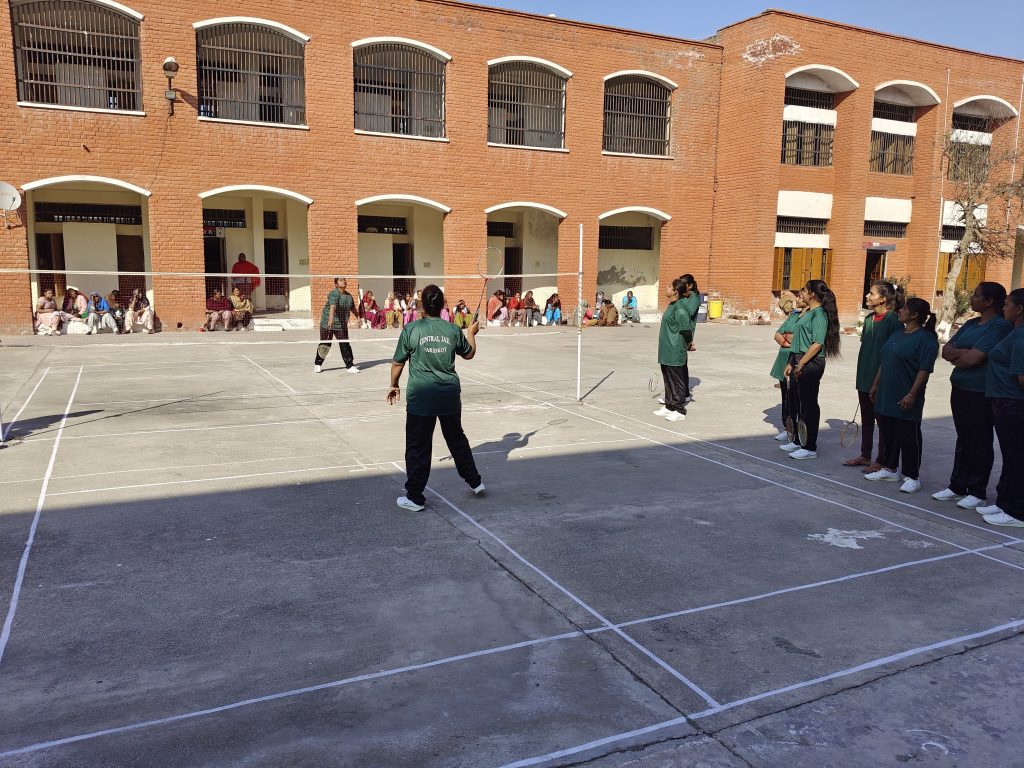
The initiative has received widespread appreciation from judicial and administrative authorities. The Hon’ble Sessions Judge attended the event and expressed strong support for continuing such programs. The Deputy Commissioner also praised the discipline, organisation, and enthusiasm displayed by both inmates and officials.
EXPANDING THE INITIATIVE
Given its success, authorities are now considering expanding the initiative by introducing new sports in future editions. One proposal under discussion is the formation of a cricket team for inmates. However, due to security concerns, additional planning is required before implementing this idea.
“A particularly exciting proposal is a match between the District Collector’s team (DC XI) and a Prisoners’ XI team. If approved, this event could further enhance the visibility of the initiative and strengthen its impact,” Mr. Alankar shared.
Mr. Dhaliwal also stressed emphasis on the importance of media attention in bringing positive change to prison environments.
“Increased media focus on such initiatives could change public perception about prisons and inmates, encourage NGOs and social organisations to get involved, and help inmates feel acknowledged and motivated to reform,” he stated.
The Prison Olympics is much more than just a sporting event—it is a bold step toward prison reform. Engaging inmates in constructive activities promotes discipline, teamwork, and a sense of identity beyond their past actions. With continued administrative support, initiatives like these could pave the way for a more rehabilitative approach to incarceration, helping inmates reintegrate into society as responsible individuals upon their release.

